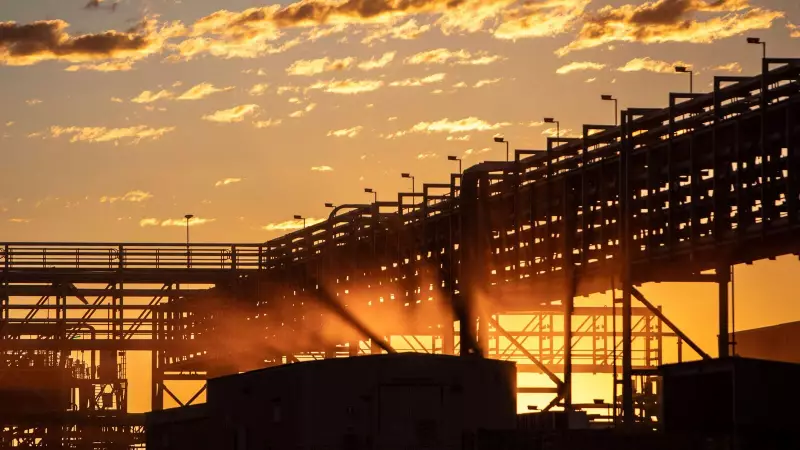
In a groundbreaking development that could reshape global technology supply chains, two pioneering rare earth magnet startups have secured monumental contracts totaling $1.4 billion with the Trump administration. This strategic partnership marks a significant escalation in America's efforts to break China's near-monopoly on these critical components.
The Players and the Stakes
MP Materials, operating the only active rare earth mine in the United States, has landed a definitive agreement to establish a complete domestic supply chain for rare earth magnets. Simultaneously, Lynas Rare Earths, the world's largest non-Chinese rare earths producer, has secured funding to build a commercial-scale heavy rare earths separation facility in Texas.
These deals represent the most substantial investment to date in creating an independent US supply chain for materials that power everything from electric vehicles and wind turbines to advanced military hardware.
Why Rare Earth Magnets Matter
Rare earth permanent magnets, particularly those using neodymium, are the invisible force behind modern technology. They enable:
- Electric vehicle motors to achieve exceptional efficiency and power
- Wind turbines
- Smartphones and electronics to become smaller and more powerful
- Military equipment including fighter jets and missile guidance systems
Currently, China controls approximately 90% of the global rare earth magnet production, creating significant strategic vulnerabilities for Western nations.
Strategic Implications
This $1.4 billion investment signals a fundamental shift in how Western nations approach critical mineral security. The agreements include:
- Establishing complete domestic processing capabilities from mine to magnet
- Creating hundreds of high-skilled manufacturing jobs in Texas and elsewhere
- Developing environmentally responsible extraction and processing methods
- Building strategic stockpiles to ensure supply chain resilience
The timing is particularly significant as the global transition to electric vehicles and renewable energy accelerates demand for these critical materials.
Market Impact and Future Outlook
Industry analysts predict these developments could reduce US dependence on Chinese rare earth magnets by up to 40% within three years. The move has already sent ripples through global markets, with shares of rare earth companies seeing increased investor interest.
As one industry expert noted, "This isn't just about business—it's about national security and technological sovereignty. The ability to produce these materials domestically ensures that America's clean energy and defense industries won't be held hostage by foreign supply chains."
The success of these ventures could inspire similar investments across Europe and Asia, potentially creating a more diversified and resilient global rare earth market in the coming years.






